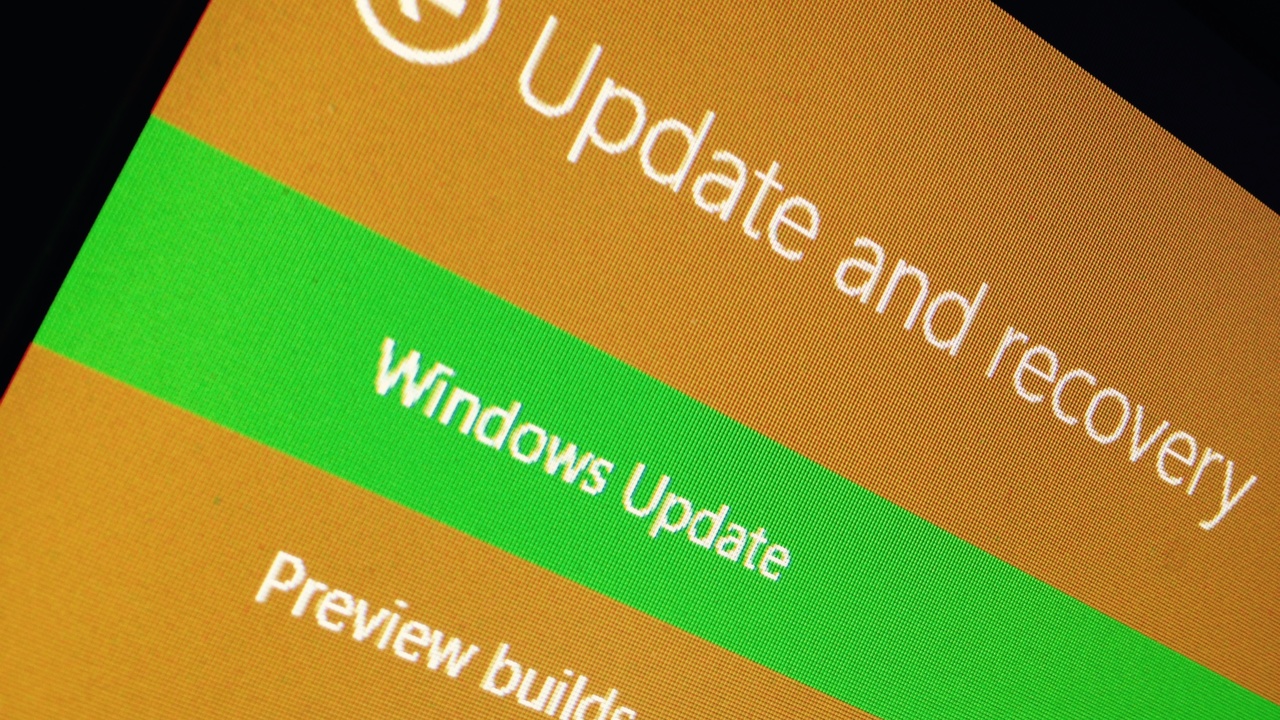Patchday November 2014: Microsoft schließt Rekordanzahl an Lücken

Der bislang umfangreichste Patchday des Jahres 2014 bringt insgesamt 16 Sicherheitsbulletins mit sich. So aktualisiert Microsoft neben dem Internet Explorer auch alle unterstützten Windows-Betriebssysteme. Weiterhin erhalten Office- und .NET-Komponenten Updates.
Aufgrund der mit den Sicherheitslücken verbundenen teils schwerwiegenden Risiken wird empfohlen, die Updates schnellstmöglich zu verteilen bzw. zu installieren. Für zwei Bulletins (068 und 075) gibt es noch kein Veröffentlichungsdatum.
- Microsoft Security Bulletin MS14-064 (kritisch)
Vulnerabilities in Windows OLE Could Allow Remote Code Execution (KB3011443)
Betroffene Software: Windows (Vista, 7, 8, 8.1, RT, RT 8.1), Server (2003, 2008, 2012) - Microsoft Security Bulletin MS14-065 (kritisch)
Cumulative Security Update for Internet Explorer (KB3003057)
Betroffene Software: Internet Explorer (6 – 11) - Microsoft Security Bulletin MS14-066 (kritisch)
Vulnerability in Schannel Could Allow Remote Code Execution (KB2992611)
Betroffene Software: Windows (Vista, 7, 8, 8.1, RT, RT 8.1), Server (2003, 2008, 2012) - Microsoft Security Bulletin MS14-067 (kritisch)
Vulnerability in XML Core Services Could Allow Remote Code Execution (KB2993958)
Betroffene Software: Windows (Vista, 7, 8, 8.1, RT, RT 8.1), Server (2003, 2008, 2012) - Microsoft Security Bulletin MS14-068
Veröffentlichungstermin noch unbekannt - Microsoft Security Bulletin MS14-069 (hoch)
Vulnerabilities in Microsoft Office Could Allow Remote Code Execution (KB3009710)
Betroffene Software: Word (2007), Word Viewer, Compatibility Pack - Microsoft Security Bulletin MS14-070 (hoch)
Vulnerability in TCP/IP Could Allow Elevation of Privilege (KB2989935)
Betroffene Software: Server 2003 - Microsoft Security Bulletin MS14-071 (hoch)
Vulnerability in Windows Audio Service Could Allow Elevation of Privilege (KB3005607)
Betroffene Software: Windows (Vista, 7, 8, 8.1, RT, RT 8.1), Server (2003, 2008, 2012) - Microsoft Security Bulletin MS14-072 (hoch)
Vulnerability in .NET Framework Could Allow Elevation of Privilege (KB3005210)
Betroffene Software: .NET Framework (1.1 – 4.5.2) - Microsoft Security Bulletin MS14-073 (hoch)
Vulnerability in Microsoft SharePoint Foundation Could Allow Elevation of Privilege (KB3000431)
Betroffene Software: SharePoint Foundation 2010 - Microsoft Security Bulletin MS14-074 (hoch)
Vulnerability in Remote Desktop Protocol Could Allow Security Feature Bypass (KB3003743)
Betroffene Software: Windows (Vista, 7, 8, 8.1, RT, RT 8.1), Server (2003, 2008, 2012) - Microsoft Security Bulletin MS14-075
Veröffentlichungstermin noch unbekannt - Microsoft Security Bulletin MS14-076 (hoch)
Vulnerability in Internet Information Services (IIS) Could Allow Security Feature Bypass (KB2982998)
Betroffene Software: Internet Information Services (8.0, 8.5) - Microsoft Security Bulletin MS14-077 (hoch)
Vulnerability in Active Directory Federation Services Could Allow Information Disclosure (KB3003381)
Betroffene Software: Server (2008, 2012) - Microsoft Security Bulletin MS14-078 (moderat)
Vulnerability in IME (Japanese) Could Allow Elevation of Privilege (KB2992719)
Betroffene Software: Windows (Vista, 7), Server 2008, Office 2007 IME (Japanese) - Microsoft Security Bulletin MS14-079 (moderat)
Vulnerability in Kernel-Mode Driver Could Allow Denial of Service (KB3002885)
Betroffene Software: Windows (Vista, 7, 8, 8.1, RT, RT 8.1), Server (2003, 2008, 2012)
Weiterführende Informationen bieten Microsofts Technet-Seiten. Wie jeden Monat wurde auch das Tool zum Entfernen bösartiger Software aktualisiert.
Downloads
-
Microsoft Windows-Tool zum Entfernen bösartiger Software Download
3,9 SterneDas Microsoft Windows-Tool zum Entfernen bösartiger Software (MSRT) wird nach einem Befall eingesetzt.
- Version 5.131 Deutsch

